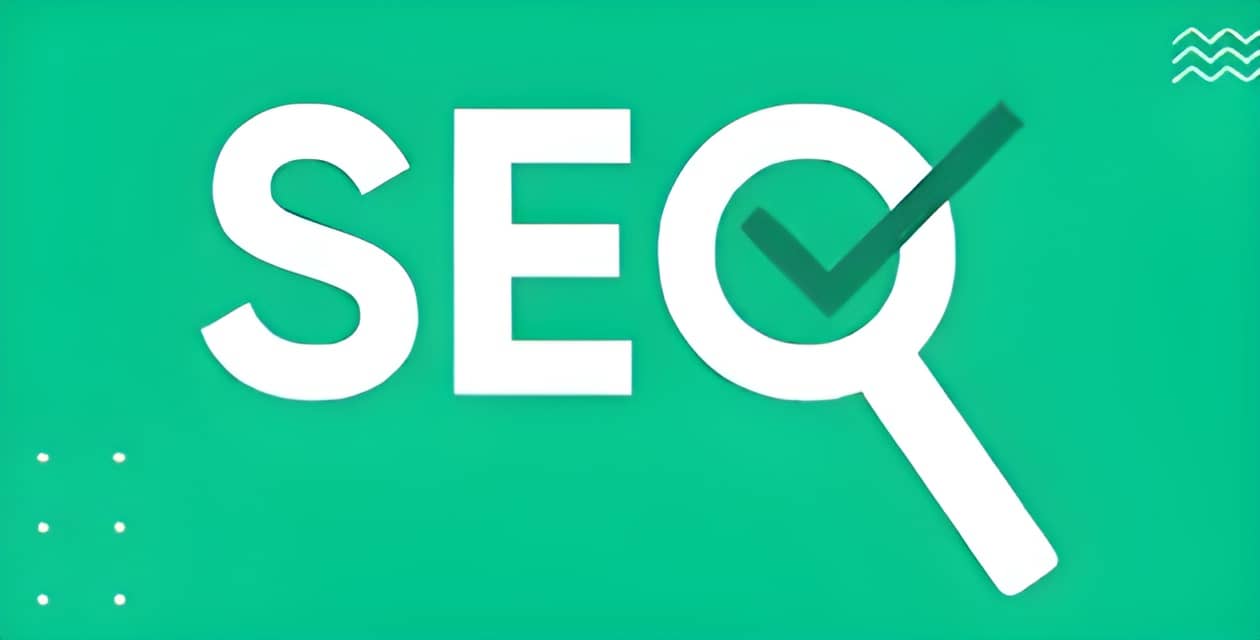SEO Techniques for HTML: How to Optimize Your Web Pages for Search Engines

Introduction
Search engine optimization (SEO) is the process of optimizing your website to increase its visibility and attract more traffic from search engines. While there are many SEO techniques, using HTML effectively is one of the most important. In this article, we'll discuss how to optimize your HTML code for search engines to improve your website's visibility.
Table of Contents
Section 1
Optimizing Page Titles Page titles are one of the most important on-page SEO factors, as they tell search engines what your page is about. Here are some tips for optimizing your page titles:
- Importance of Page Titles for SEO: Your page title is the first thing that search engines and users see, and it can have a significant impact on your website's visibility.
- Creating Unique and Descriptive Titles: Your page title should be unique and descriptive, and it should accurately reflect the content of your page. Use relevant keywords in your title, but avoid keyword stuffing.
- Using Heading Tags Effectively: Use heading tags (H1, H2, H3, etc.) to structure your page content and indicate the most important information. Your H1 tag should contain your main keyword and accurately summarize the content of your page.
Section 2
Meta Descriptions and Keywords Meta descriptions and keywords provide additional information about your page to search engines and users. Here are some tips for optimizing your meta descriptions and keywords:
- Importance of Meta Descriptions for SEO: Your meta description is a brief summary of your page content, and it can impact whether users click through to your site from search engine results pages (SERPs).
- Creating Descriptive and Compelling Meta Descriptions: Your meta description should accurately reflect the content of your page, and it should be written to encourage users to click through to your site. Use relevant keywords in your meta description, but avoid keyword stuffing.
- Using Keywords Effectively: Use relevant keywords throughout your page content, but avoid keyword stuffing. Use keywords in your headings, image alt tags, and internal links to help search engines understand the content of your page.
Section 3
Image Optimization Images can make your website more visually appealing, but they can also impact your SEO. Here are some tips for optimizing your images:
- Importance of Image Optimization for SEO: Optimizing your images can improve your website's load time, which is a ranking factor for search engines. In addition, using descriptive alt text can help search engines understand the content of your page.
- Using Descriptive and Keyword-Rich Alt Text: Use descriptive and keyword-rich alt text to describe your images. This helps search engines understand the content of your page and can improve your website's visibility.
- Optimizing Image Size and File Names: Use compressed images to reduce your website's load time. In addition, use descriptive file names that accurately reflect the content of your image.
Section 4
HTML Structure and Tags The structure of your HTML code can impact your website's SEO. Here are some tips for optimizing your HTML structure and tags:
Importance of HTML Structure for SEO: A clear and well-structured HTML code can help search engines understand the content of your page and improve your website's visibility.
Using Semantic HTML Tags: Use semantic HTML tags (such as <header>, <nav>, <section>, and <footer>) to indicate the structure and content of your page. This helps search engines understand the meaning of your content.
Creating a Clear and Consistent Site Structure: Use a clear and consistent site structure to help search engines understand the hierarchy of your website's content. Use internal links to help users and search engines navigate your site.
Section 5
URL Structure The structure of your URL can also impact your website's SEO. Here are some tips for optimizing your URL structure:
- Importance of URL Structure for SEO: A clear and descriptive URL structure can help search engines understand the content of your page and improve your website's visibility.
- Creating Descriptive and Keyword-Rich URLs: Use descriptive and keyword-rich URLs that accurately reflect the content of your page. Avoid using lengthy and complex URLs that are difficult for users and search engines to understand.
- Using Hyphens to Separate Words: Use hyphens (-) to separate words in your URLs. This makes your URLs more readable and helps search engines understand the structure of your content.
Conclusion
Optimizing your HTML code is an important aspect of SEO. By following the tips outlined in this article, you can improve your website's visibility and attract more traffic from search engines. Remember to focus on creating descriptive and keyword-rich titles, meta descriptions, and URLs, using semantic HTML tags, and optimizing your images. With a little effort, you can create an SEO-friendly website that attracts more traffic and improves your online visibility.
That's enough for an intro. Let's see a live example.


Comments